A mentor is defined as an experienced and trusted advisor. Many early career professionals seek out a mentor to assist them and guide them through various stages of their career. Indeed, this process of engaging a mentor is likely to continue throughout your career. Regardless of where a person is in their career, you will find that they often have regular meetings with a person who assists them with their career & life goals and aspirations.
What you should look for in a mentor and how you can find someone to work with, will ultimately depend upon what you want to get out of the process. Consider these tips when you are thinking about whether the mentor process is right for you.
What do you want to get out of the mentoring process?
Take some time to consider what you hope to achieve from engaging a mentor. Are you looking for career advice? Do you have goals that you want to reach within your career? Are you looking for a more holistic life plan? Is the purpose of your mentoring to assist you with direction in your career, or to build new skills or confidence, or to learn how to have tough conversations?
Think about what you are trying to achieve. Make some notes, write down all of your goals.
What are you looking for in a mentor?
Consider the key personal attributes of the person you are looking to work with. They should be approachable and available. They should be a senior person within your profession or a senior person in business depending upon the goals you are hoping to achieve.
Do some research. Google. Search LinkedIn. If you have a particular person in mind, find out more about them. You may think that they might be a good person to work with from what you’ve seen publicly but perhaps they are not as approachable as you first think and therefore, they might not be the appropriate person for you.
Consider Miranda’s experience. Miranda is a senior accountant. She has owned her own firm for a few years with a small team of around 10. She’s struggling though and she would like some guidance about how to take the firm and her career to the next level.
For a long time, Miranda has, you could say, worshiped Loretta. Loretta is an accountant at the top of her field. Top of her game. She has built a very successful accounting practice and expanded it to a point where it has been taken over by a national company. She is bright, switched on, very well connected.
Miranda plucks up the courage to go and meet with Loretta. She wants to know whether Loretta would assist her in mentoring her and working with her to grow her career and her practice. Loretta gives her some tips about the things she could do but ultimately says that she doesn’t really do mentoring and it’s not something that she has time for. Whilst Miranda found the process of meeting with Loretta valuable, it was good for Miranda to know and understand that Loretta, whilst a successful business person, was not somebody who would be available to her for this process given her own commitments.
Learning from Miranda’s interactions with Loretta, it is important to know more and understand about the person that you would like to work with. Whilst you might hold them in high regard and potentially on a pedestal, they might not have the time or the inclination to work with you. Finding this out early on will certainly assist.
It is important to meet with the person.
Having a meeting with your potential mentor will help you work out whether your values align. Remember that this person you would like to have a mentoring relationship with is somebody who will guide you and help you move forward. Whilst you might be great colleagues and friendly, the aim of the relationship is not to make friends, but to have a senior person provide you with guidance.
You should know that it is okay if things don’t work out. Take Miranda and Loretta – if Miranda had not met with Loretta to talk with her about that arrangement, she would not have known that it was not going to work. It’s okay if personalities do not click. It’s okay to meet with someone to work out if they are a fit. If things are forced the mentor relationship won’t work. You should not feel like you need to continue meeting with that person simply because you’ve met with them on one occasion.
If it’s not going to work, be comfortable with knowing that, thank them for their time and keep searching.
The last thing to consider is whether your mentor should be a paid role or a free engagement. Again it will always depend on what you want to get out of your mentoring relationship.
It is sometimes better to think of your mentor as a coach whether that is a career, business or personal coach. These are roles which you would ultimately pay for.
There are of course free mentor services available and if you are lucky enough to be connected to find a mentor for free whether by chance, through your employment or otherwise then take up that opportunity.
If not, consider that it might be an important investment in yourself. Think of it as a business transaction that ultimately satisfies both parties – the mentee gets what he or she wants, that is a quality mentorship relationship and the mentor has the incentive to agree to it and to provide the appropriate guidance based on their experience and skill.
However you approach your search for a mentor, remember that it may take some time for the right fit to come along and given the role this person will play, the right fit is the most important part of a mentor relationship.




